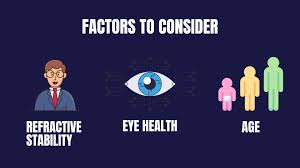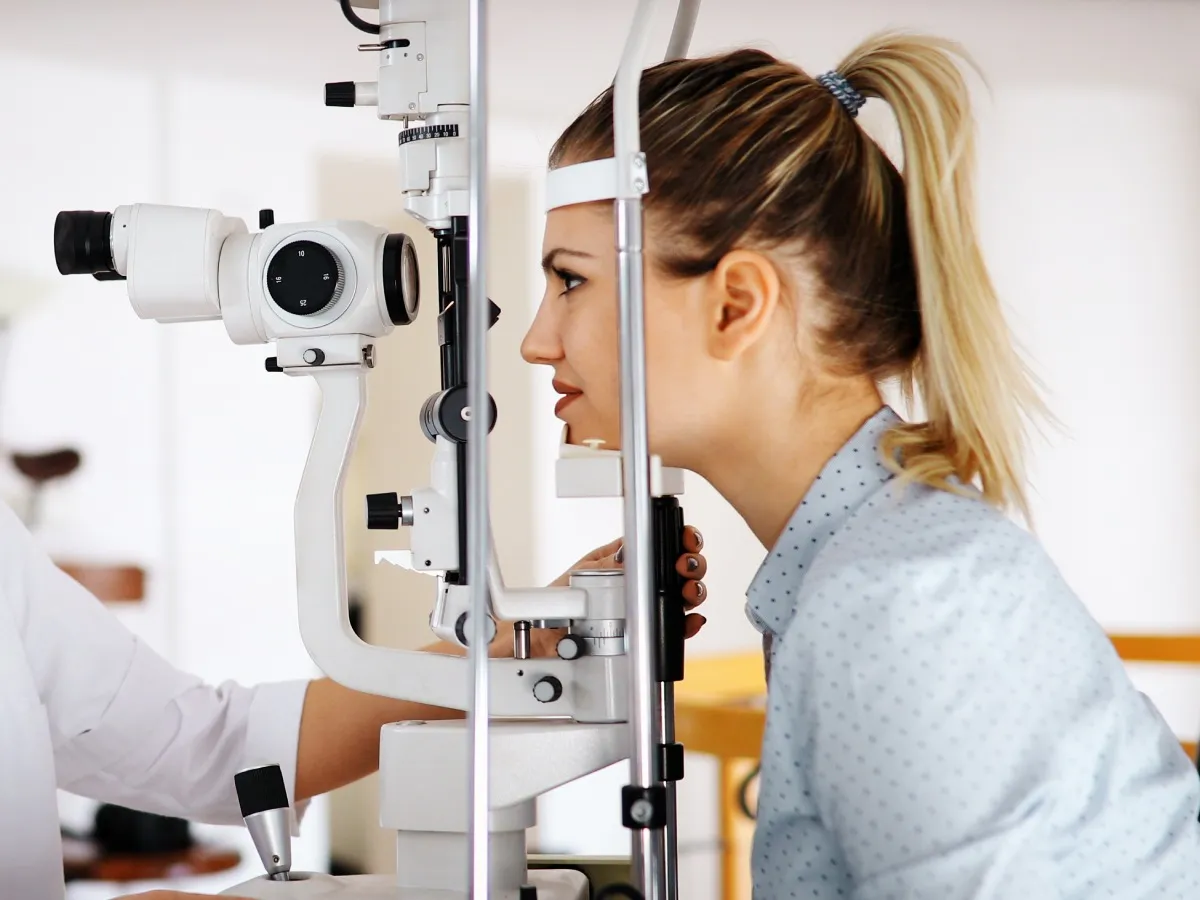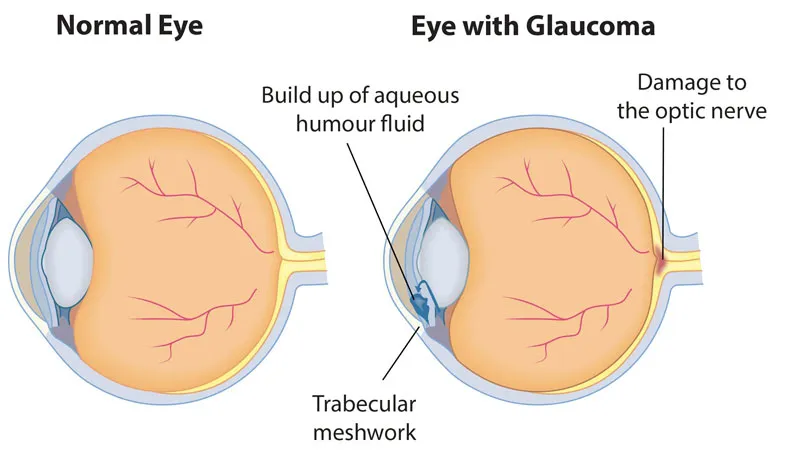Yes, there are age restrictions and considerations when it comes to LASIK (Laser-Assisted in Situ Keratomileusis) eye surgery. LASIK is typically recommended for individuals who are at least 18 years old and have stable vision prescriptions. However, age is just one factor in determining LASIK candidacy, and other factors are equally important.
Here are some key points to consider:
1. Prescription Stability: LASIK is most effective when performed on individuals whose vision prescription (refractive error) has remained relatively stable for at least one to two years. Vision changes are more common during childhood and adolescence, so waiting until your prescription stabilizes is crucial.
2. Maturity of Vision: In addition to age, the maturity of your visual system is important. Teenagers might experience changes in their refractive error, which could affect the long-term results of LASIK. Waiting until your eyes have fully matured is essential for a successful outcome.
3. Health of the Eyes: The overall health of your eyes is a significant consideration. Eye diseases, corneal abnormalities, or other ocular conditions could impact the success of LASIK. A comprehensive eye examination will help determine your eligibility.
4. Presbyopia and Age-Related Changes: LASIK is primarily used to correct nearsightedness, farsightedness, and astigmatism. It doesn’t correct age-related changes like presbyopia (difficulty focusing on close objects) that typically occur around the age of 40. However, certain LASIK techniques can be used to address presbyopia, and your surgeon can guide you on this.
5. Personal Expectations: Understanding your expectations and lifestyle is crucial. LASIK might not eliminate the need for reading glasses or address all visual issues. Your surgeon will discuss what LASIK can and cannot achieve based on your individual needs.
6. Health Conditions: Certain health conditions, medications, and autoimmune disorders could affect LASIK candidacy. Your overall health will be evaluated during the consultation process.
7. Eye Stability: After LASIK, your eyes should remain stable to ensure the long-term effectiveness of the procedure. Age-related changes could still affect your vision over time.
It’s important to have a comprehensive eye examination and consultation with a qualified ophthalmologist or LASIK surgeon to determine if you’re a suitable candidate for LASIK. They will assess your eye health, vision prescription stability, and individual circumstances to provide personalized recommendations. If LASIK is not an option for you, they might suggest alternative vision correction procedures that better meet your needs.
For more eye-related queries, Consult Dr. Vaidya at one of the best Lasik Eye surgery in Andheri and know more information visit our hospital at Dr. Vaidya Eye Hospital.




